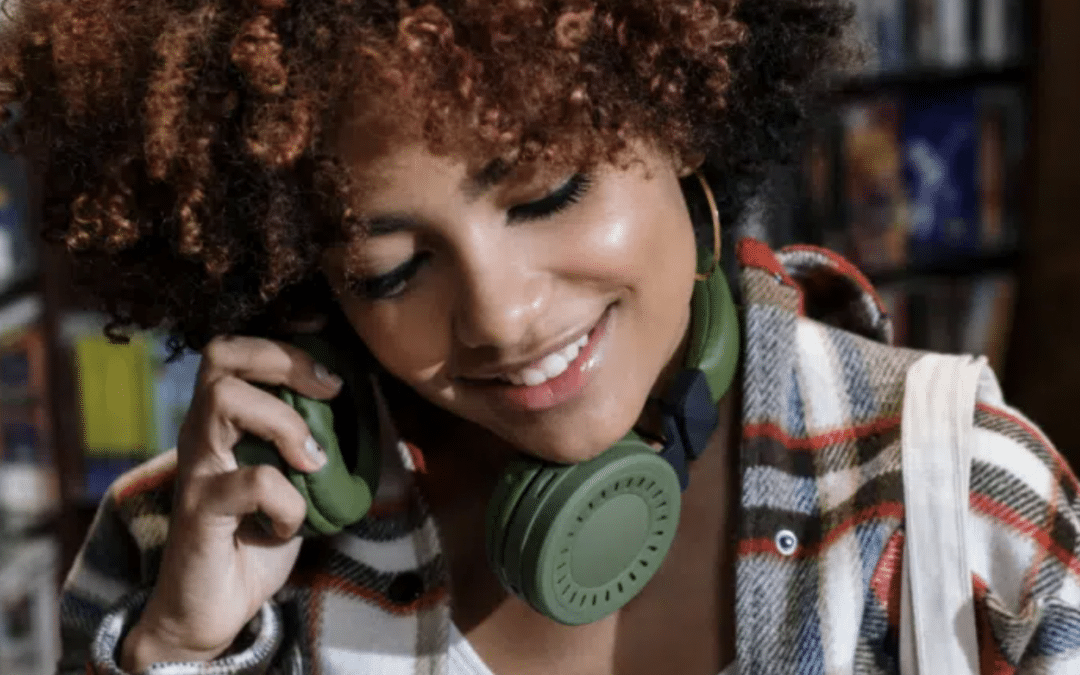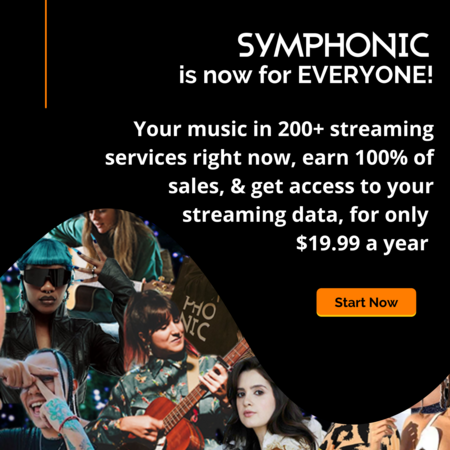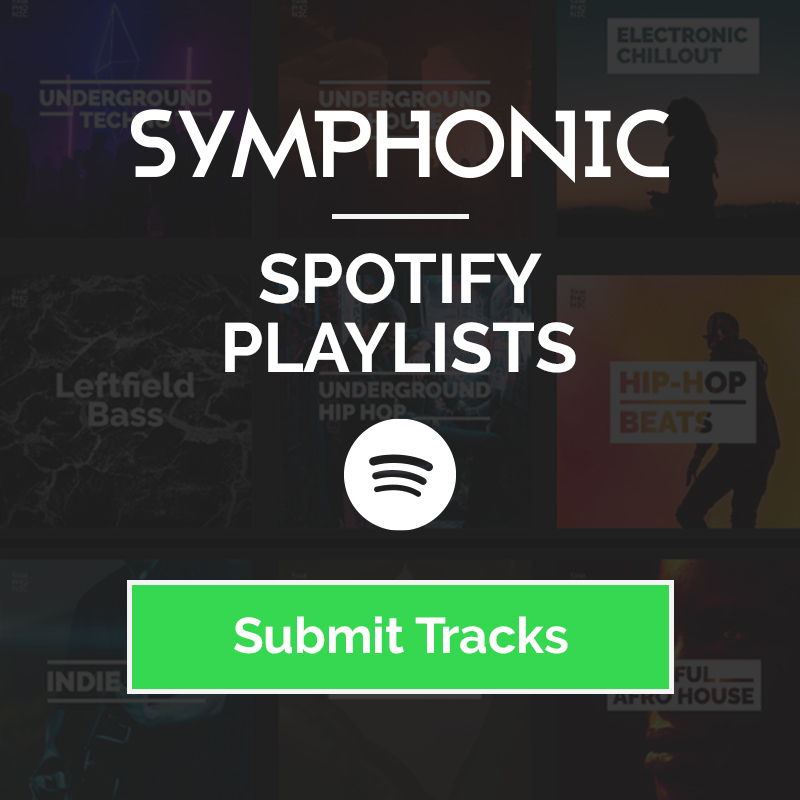Having trouble getting your music playlisted? This is an issue many independent artists face, but it can be particularly frustrating not knowing exactly why your efforts aren’t paying off. That being said, some of the biggest reasons why you aren’t getting playlisted are easily fixable! From not providing enough marketing drivers to not enough lead time, here are 5 things that may be holding you back…
5 Reasons Why Your Music Isn’t Getting Playlisted
Not Submitting Early Enough
Submitting your music for playlist consideration requires time for the curators to review and potentially add your songs. To ensure you’re giving them ample lead time, we recommend submitting around 4 to 6 weeks before the release date.
This allows playlist editors to evaluate your music properly and consider it for inclusion in their playlists. Rushing submissions at the last minute may result in your music being pushed to the side and not given adequate consideration.
Marketing Drivers
The underlying forces that compel you to buy or pay for certain products and services are called marketing drivers. As an artist, these are the key details you want to be shared with DSP’s like Spotify, Apple Music, TIDAL, YouTube, Soundcloud, Pandora, etc. to help you stand out. When it comes to playlisting, your marketing drivers can help playlist curators better understand your music and its potential appeal to their audience. Not providing enough information here may actually hinder the chances of your song being chosen.
It’s also important to be as honest as possible when providing marketing drivers. Ensure that if you say you have a consistent and active social media plan, you better actually be posting on socials when they check. If you claim your music fits a certain genre, be sure it truly does. The more accurate info you provide, the easier it is for your song to be placed on the best playlist for it.
Your Music Doesn’t Fit The Playlist
If you’re targeting third-party playlists, the best thing you can do is listen to the playlist first, and only pitch songs (if any) that truly fit the vibe. All too often, artists will send a link to their Spotify profile expecting the curator to sit there and go through all their songs to find something to feature. With hundreds, sometimes thousands, of submissions a day, they don’t have time for that. It’s up to you to offer something that’s worth featuring. At the end of the day, they’re doing YOU a favor.
With editorial playlists, all you can do is make sure you’re providing accurate marketing drivers that properly set the vibe of the track so it can be pitched accordingly by our team. The more detailed information you provide, the easier it is for our team to match it with the appropriate playlists.
You’re Not Promoting Your Music Online
It truly surprises me how many artists in this day and age still refuse to improve their online presence. I understand the artistic yearning to be mysterious… but effective promotion is VITAL for driving audience engagement with your music on DSPs. It’s just a part of the game, and ignoring this crucial fact can break your chances of success in so many ways, even aside from just playlisting.
This means actively promoting your music across various channels like Instagram, Twitter, Facebook, TikTok, YouTube, press releases, targeted ad campaigns, and whatever else you can manage. As long as you are engaging with your audience, creating compelling content, and leveraging different promotional strategies, you can significantly increase the visibility of your music. Showing that you are actively working to drive traffic to DSPs, (like Spotify, Apple Music, etc.) greatly increases your likelihood of playlist placements.
You Don’t Have a Consistent Release Plan
Keep in mind… a playlist is not a marketing plan. Consistently releasing music and having a well-defined release plan are two key factors in building momentum as an artist and in turn, attracting playlist curators to your music.
Staying active on socials, having a great website, offering merch on your website and updating it often, interacting with your fans online and in person, posting music videos to go along with your releases, etc., all of this helps to grow your fanbase and spread your music as far as it can go.
Marketing yourself as an artist is just as important as creating the music itself, and many factors go into fostering a strong presence in this insane industry. There are thousands of other artists looking to make it out here, which means you need to go above and beyond to stand out in any way you can.



